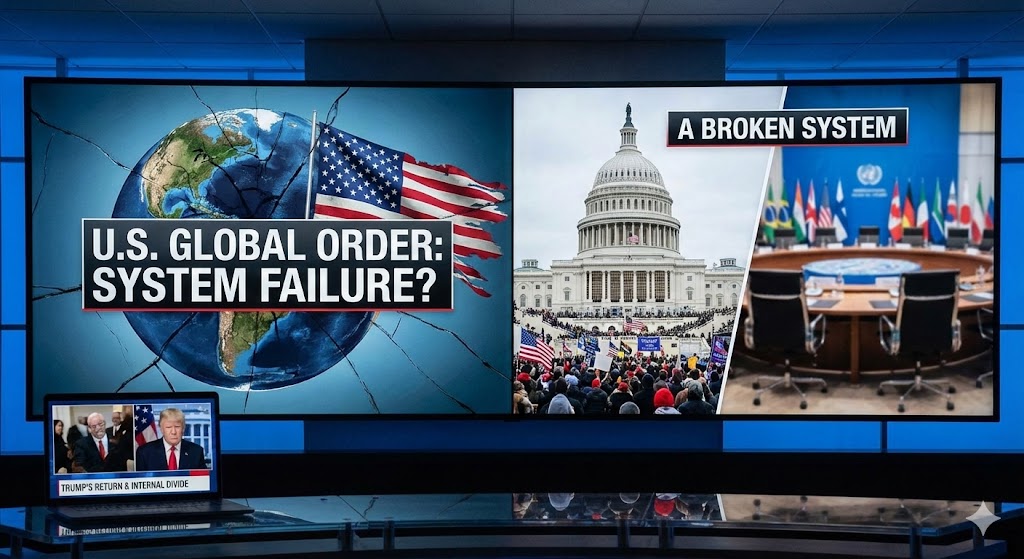Introduction
Bangladesh’s current quota reform movement has not only stirred significant internal debates and unrest but has also become a subject of international media coverage and propaganda. Among the most contentious issues is the alleged fake news propagated by certain Indian media outlets, which claim that Pakistan’s intelligence agency, the ISI, is involved in the ongoing protests. This article explores these allegations, the role of media propaganda, and the broader implications for Bangladesh-India relations and regional stability.
Background of the Quota Reform Movement
- Historical Context:
- The quota system in Bangladesh was initially designed to ensure representation for marginalized groups in public sector jobs. Over time, it has been perceived as a barrier to meritocracy, leading to repeated calls for reform.
- The 2018 student-led protests laid the groundwork for the current movement, which demands a significant overhaul of the quota system to promote fairness and transparency.
- Current Protests:
- The 2024 protests have seen widespread participation from students and young professionals across Bangladesh. Demonstrations, sit-ins, and social media campaigns have been central to the movement.
Allegations of ISI Involvement
- Claims by Indian Media:
- Certain Indian media outlets have reported that Pakistan’s Inter-Services Intelligence (ISI) is allegedly backing the protests to destabilize Bangladesh.
- These reports claim that ISI agents are inciting violence and providing logistical support to protestors. However, these allegations are primarily based on anonymous sources and lack concrete evidence.
- Reactions in Bangladesh:
- The Bangladeshi government and protest leaders have largely dismissed these allegations as baseless and politically motivated.
- Prominent Bangladeshi leaders, including student representatives and political figures, have publicly denounced the claims, emphasizing that the movement is purely driven by domestic issues and grievances.
- Statements from Bangladeshi officials highlight the internal nature of the protests, with assurances that there is no foreign involvement, especially from Pakistan.
Role of Media Propaganda
- Media Dynamics:
- Media propaganda involves the dissemination of misleading or biased information to influence public perception and political outcomes.
- In this context, Indian media allegations against ISI can be seen as part of a broader geopolitical strategy to shape narratives and perceptions, potentially diverting attention from the genuine issues at hand.
- Impact on Public Opinion:
- Such reports can create confusion and mistrust among the public, potentially weakening the unity and resolve of the protest movement.
- They can also strain diplomatic relations between Bangladesh and Pakistan, while influencing Bangladesh-India relations.
Statements by Bangladeshi Leaders
- Denial of Foreign Involvement:
- Key leaders of the quota reform movement have categorically denied any foreign involvement. They assert that the movement is rooted in the demands for a fair and transparent recruitment system.
- Statements from student leaders, such as those from the Bangladesh General Students’ Rights Protection Council (BGSRPC), have reiterated that their struggle is for domestic reform and not influenced by external entities.
- Government’s Stance:
- The Bangladeshi government has also dismissed the allegations, calling for a focus on resolving the issues through dialogue and constructive engagement.
- Officials have urged media outlets to avoid sensationalism and instead support efforts to address the legitimate concerns of the protestors.

India’s Alleged Involvement in Propaganda
- Geopolitical Motives:
- Analysts suggest that India’s involvement in propagating these allegations may be driven by geopolitical motives, aiming to discredit Pakistan and assert influence in the region.
- By portraying Pakistan as a destabilizing force, Indian media may seek to reinforce India’s role as a stabilizing power in South Asia.
- Straining Bangladesh-Pakistan Relations:
- The propagation of such narratives can exacerbate tensions between Bangladesh and Pakistan, potentially impacting diplomatic and economic relations.
- It may also serve to align Bangladesh more closely with India, thereby reinforcing India’s strategic interests in the region.
Broader Implications
- Bangladesh-India Relations:
- Allegations of ISI involvement have the potential to complicate Bangladesh’s relations with India, its largest neighbor and an important strategic partner.
- Bangladesh may view these reports as interference in its internal affairs, leading to diplomatic tensions.
- Regional Stability:
- The propagation of such narratives can exacerbate regional tensions and contribute to instability in South Asia.
- It is essential for regional players to engage in constructive dialogue and avoid actions that could escalate conflicts.
- Domestic Impact:
- Within Bangladesh, these allegations can distract from the core issues of the quota reform movement and undermine the efforts of protestors advocating for legitimate reforms.
- Ensuring that the focus remains on addressing the root causes of discontent is crucial for the movement’s success.
Conclusion
The allegations of ISI involvement in Bangladesh’s current quota reform movement, propagated by certain Indian media outlets, highlight the complex interplay of media, politics, and regional dynamics. While these reports are largely viewed as unsubstantiated propaganda, their impact on public perception and international relations cannot be ignored. Moving forward, it is crucial for all stakeholders to prioritize truth, transparency, and constructive engagement to address the underlying issues driving the protests and promote regional stability.









